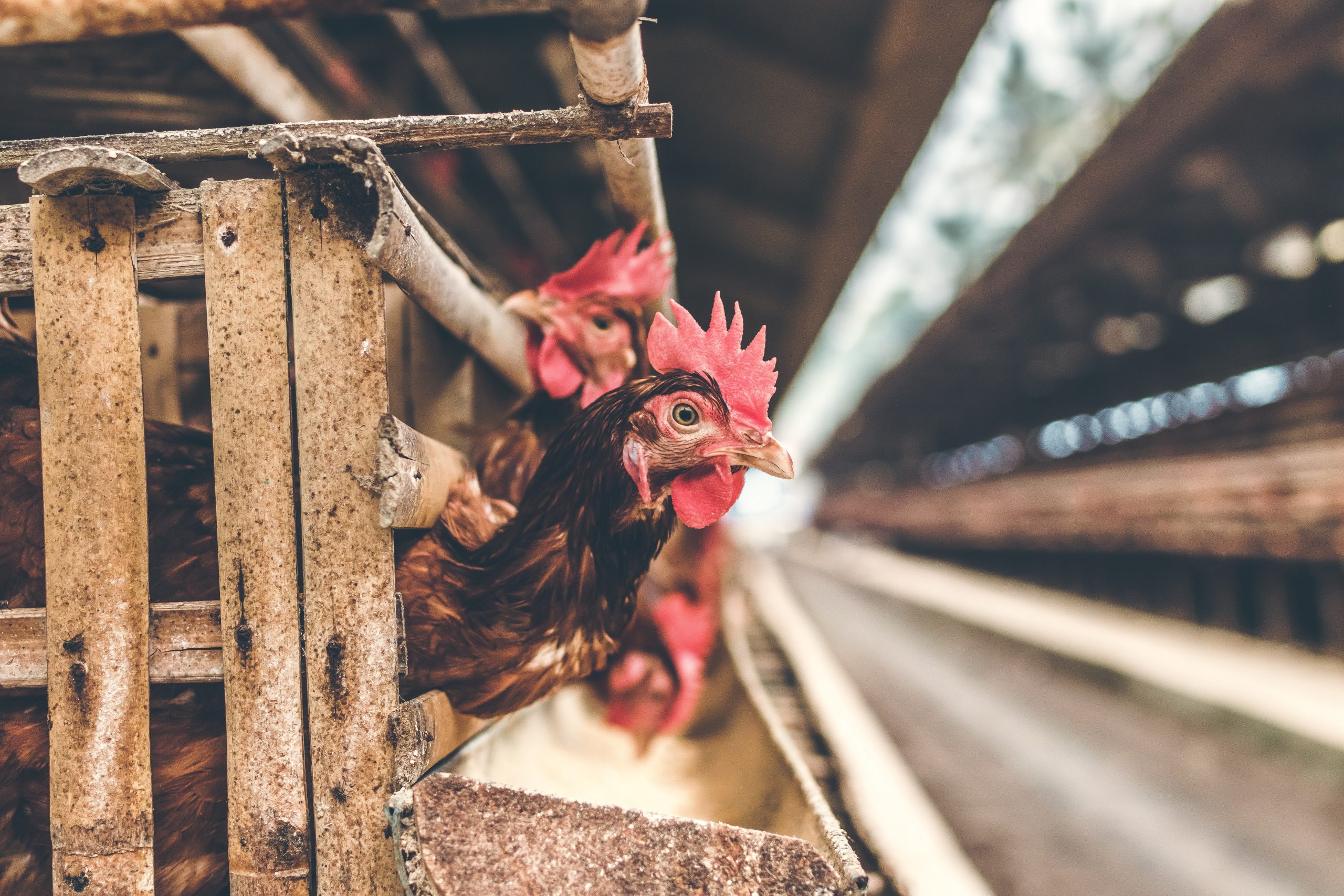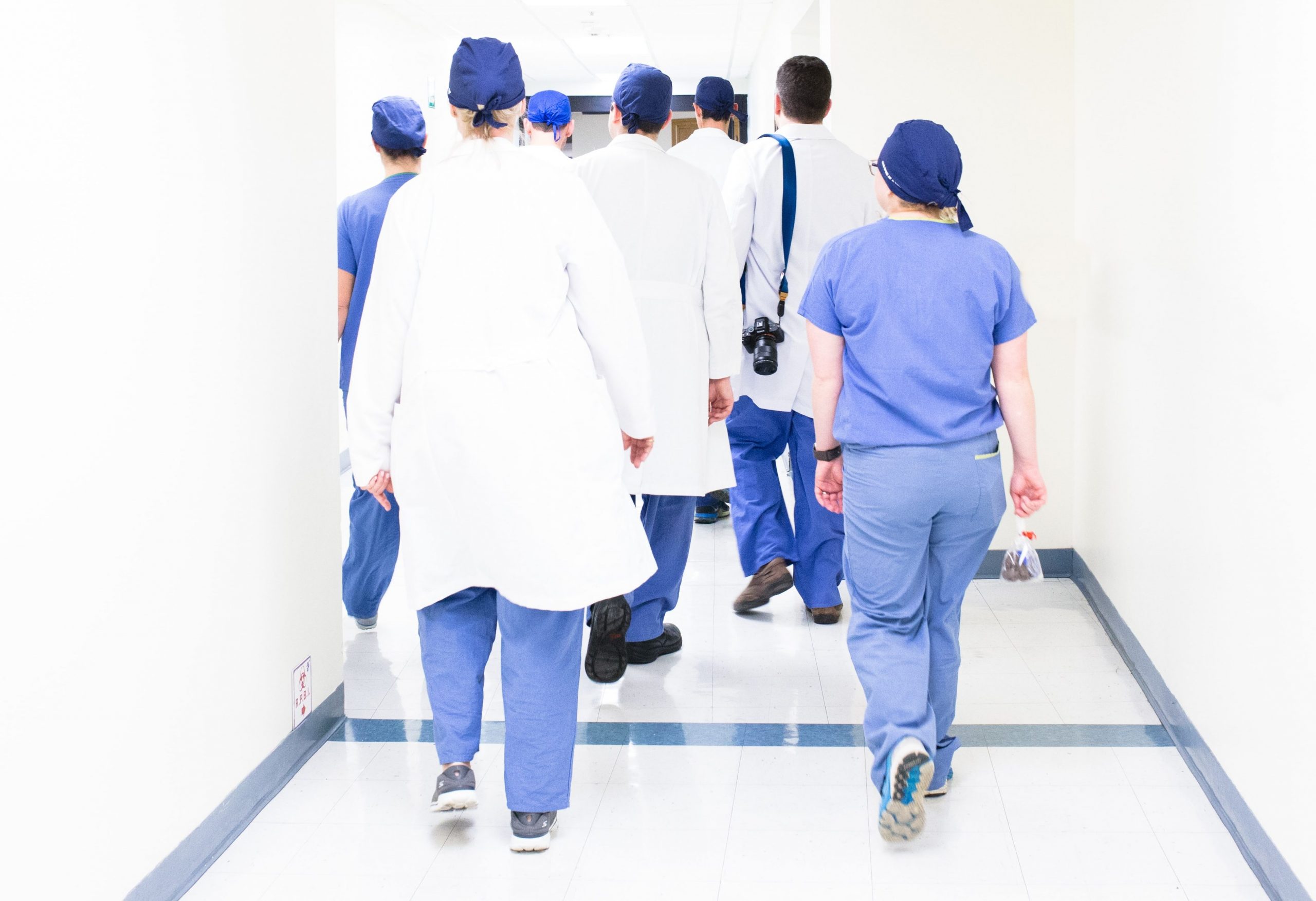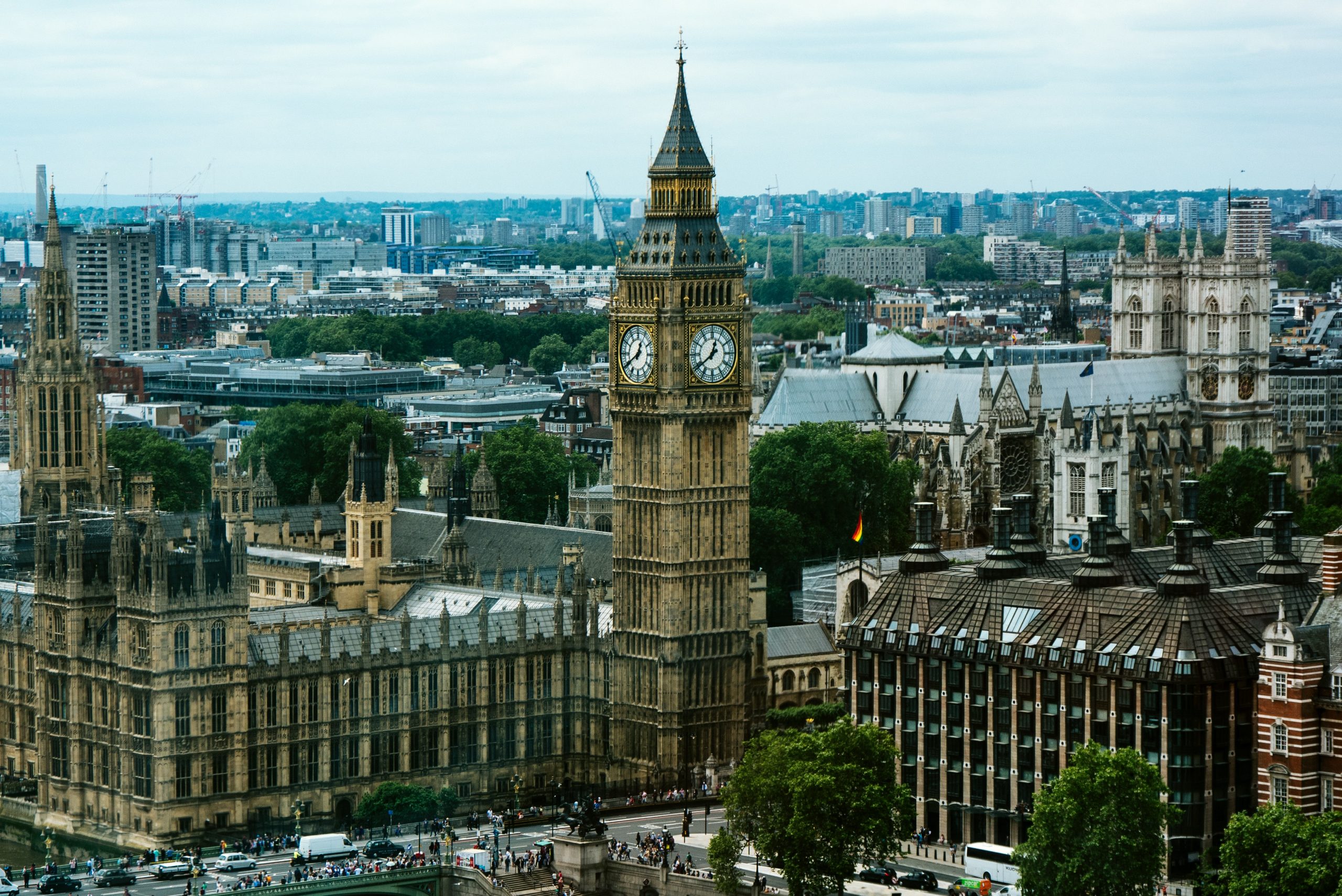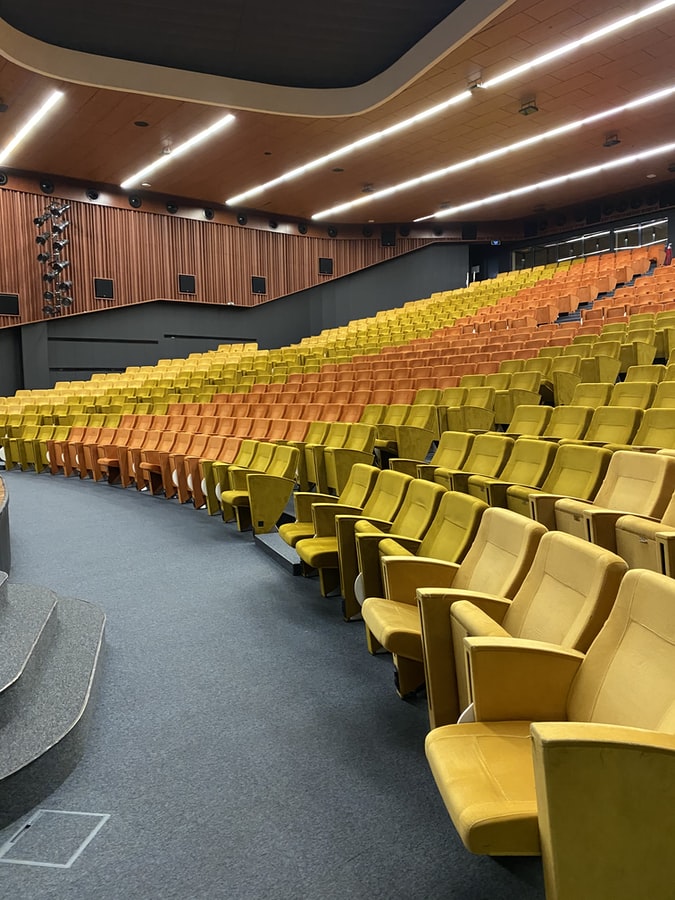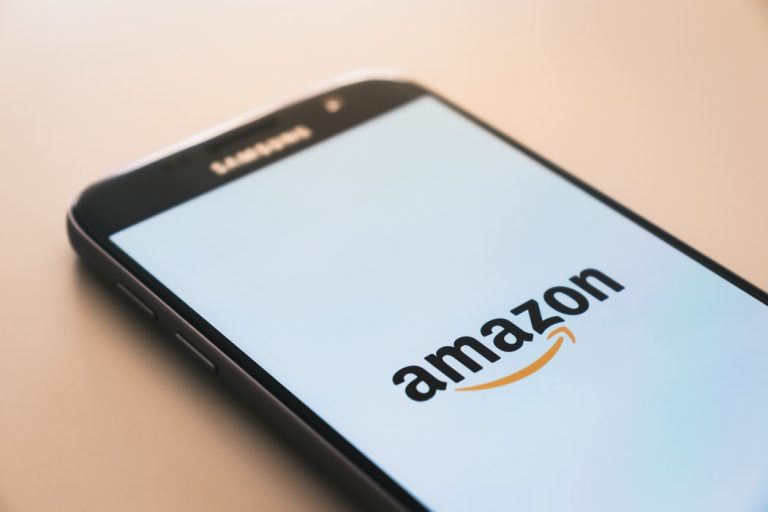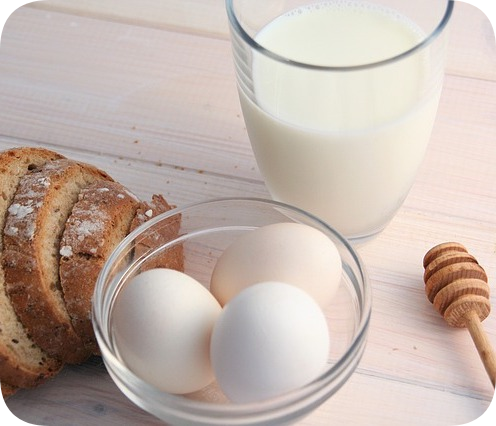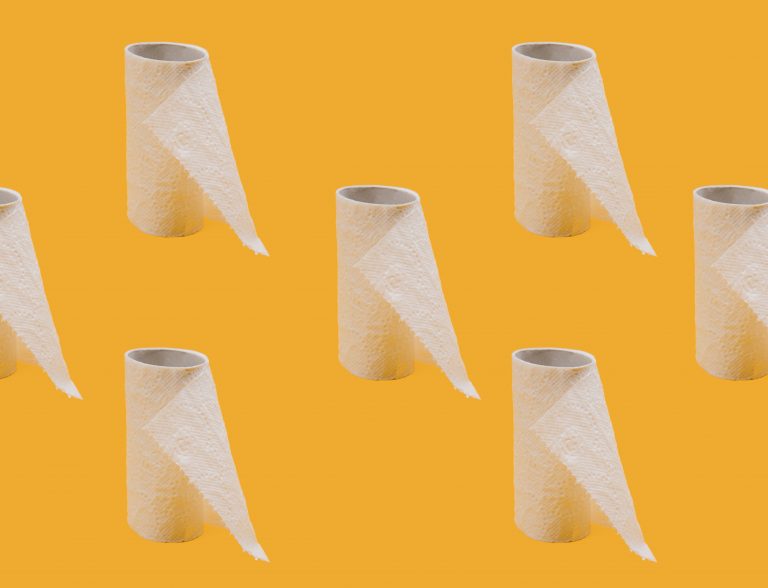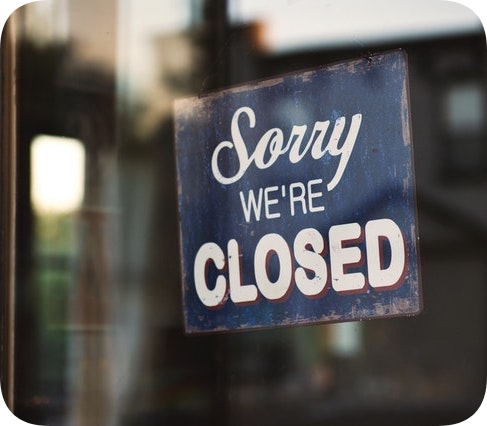Photo by Artem Beliaikin on Unsplash Production of boiler chickens (those raised for their meat, not eggs) in the US...
GMA: “Yale student leads 2,700 volunteers in helping New Yorkers”
Liam Elkind is the founder of Invisible Hands, a group of thousands of volunteers that are bringing groceries to people at high risk of contracting coronavirus. This organization is connecting “young, able-body people with those most in need during this time of crisis.” People who are 65 and older or have pre-existing conditions have a higher risk for contracting coronavirus. The founders stated that they felt inspired by our healthcare professionals who are on the front lines fighting COVID-19. Through the Invisible Hand initiative, those at a higher risk can request a delivery of groceries, medicine, and/or supplies online. The Invisible Hand volunteer will then pick up the items and deliver them for free.

